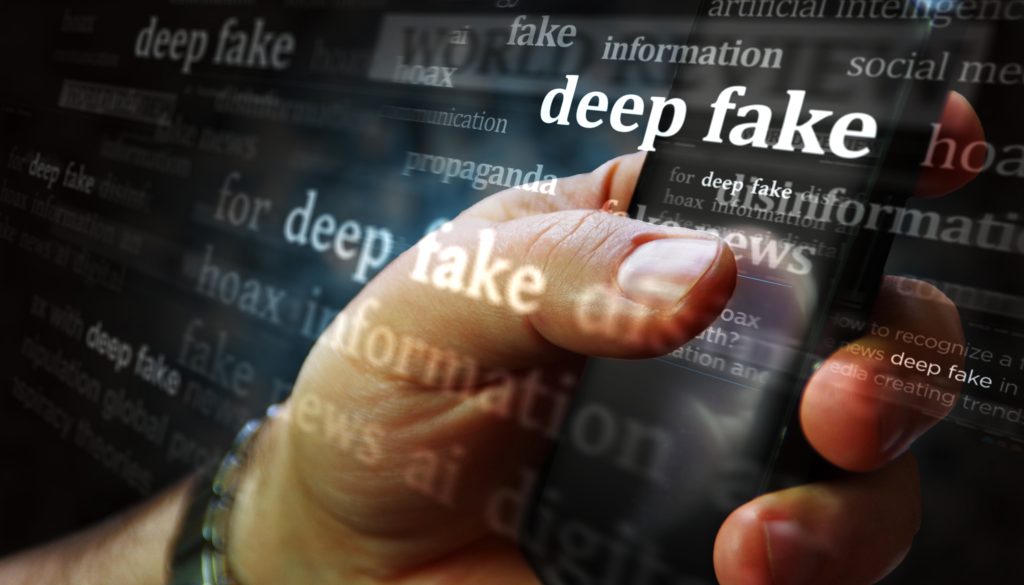The political arena has become ground zero for an AI (Artificial Intelligence) uprising, with deepfake technology rewriting the rules of the game. From resurrecting dead politicians to shaping the narratives of imprisoned leaders, these digital manipulations are not just unsettling; they’re a full-blown assault to the fabric of democracy.
AI in Political Campaigns
The deployment of AI to resurrect deceased political figures for public appearances represents a disturbing trend in contemporary politics. In India, the Dravida Munnetra Kazhagam (DMK) party displayed the late Muthuvel Karunanidhi, a prominent political leader, through deepfake technology in multiple public events. According to Sumanth Raman, a political commentator based in Chennai, the inclusion of deceased leaders in political campaigns is a prevailing choice “because they continue to be more popular than the living ones.”
The global political landscape has witnessed the widespread adoption of AI-facilitated content marketing for election campaigns. In Indonesia, former military general Prabowo Subianto has leveraged AI to undergo a strategic image transformation, specifically targeting younger voters. As reported by the BBC, Subianto’s bloody past, stained by allegations of human rights abuses, has undergone a perceptible softening through this new and overtly ‘friendlier’ media campaign, presenting him as a gentle “cuddly grandpa.” Some have argued that tactics like this shift elections away from a democratic process to a personality contest.
To engage supporters, Prabowo’s campaign has introduced an app that allows them to insert themselves into AI-generated scenarios, like joining the politician on a jungle trek. These digitally manipulated scenes are then shared on social media platforms.
“Some say AI is not good for politics, but AI gets people interested,” said Adriansyah, a 25-year-old artist commissioned to create AI-generated art of Prabowo and his running mate, Gibran Rakabuming Raka.

In Pakistan, the former Prime Minister Imran Khan employed AI-generated speeches to connect with his supporters directly from his prison cell, highlighting the potential of deepfake technology to navigate political limitations.
Locked away since August 2023 and facing election exclusion for himself and his political party, Khan managed to deliver an AI-generated victory speech during the country’s general elections. Although the use of such technology was authorised in this instance, the eerily realistic nature of the speech raises concerns about the broader implications of deepfakes and their potential to spread misinformation.

The use of AI in this manner is not a recent development and has set a precedent in countries like the UK and US. AI has been used to aid politicians in connecting with voters through channels like phone conversations and chatbots, as well as shaping attack ads and messages targeting political opponents. This widespread use of AI extends beyond borders, underscoring the global nature of the impact. In media statements, a campaign manager provided crucial insights, stating, “Manipulating voters by AI is not being considered a sin by any party.” They emphasised that it is simply regarded as an integral part of the overall campaign strategy, shedding light on the acceptance and incorporation of AI-driven tactics in the political realm.
Additionally, the affordability and effectiveness of AI tools to create such content have reached unprecedented levels, with some tools accessible for as little as $1 per month. This financial accessibility empowers political campaigns to leverage advanced AI capabilities while staying well within budget constraints.
As nations worldwide brace themselves for national elections across more than 60 countries in 2024, the imminent threat of artificial intelligence misuse to manipulate public opinion has escalated from a mere concern to a pressing global issue.
















































































































































































